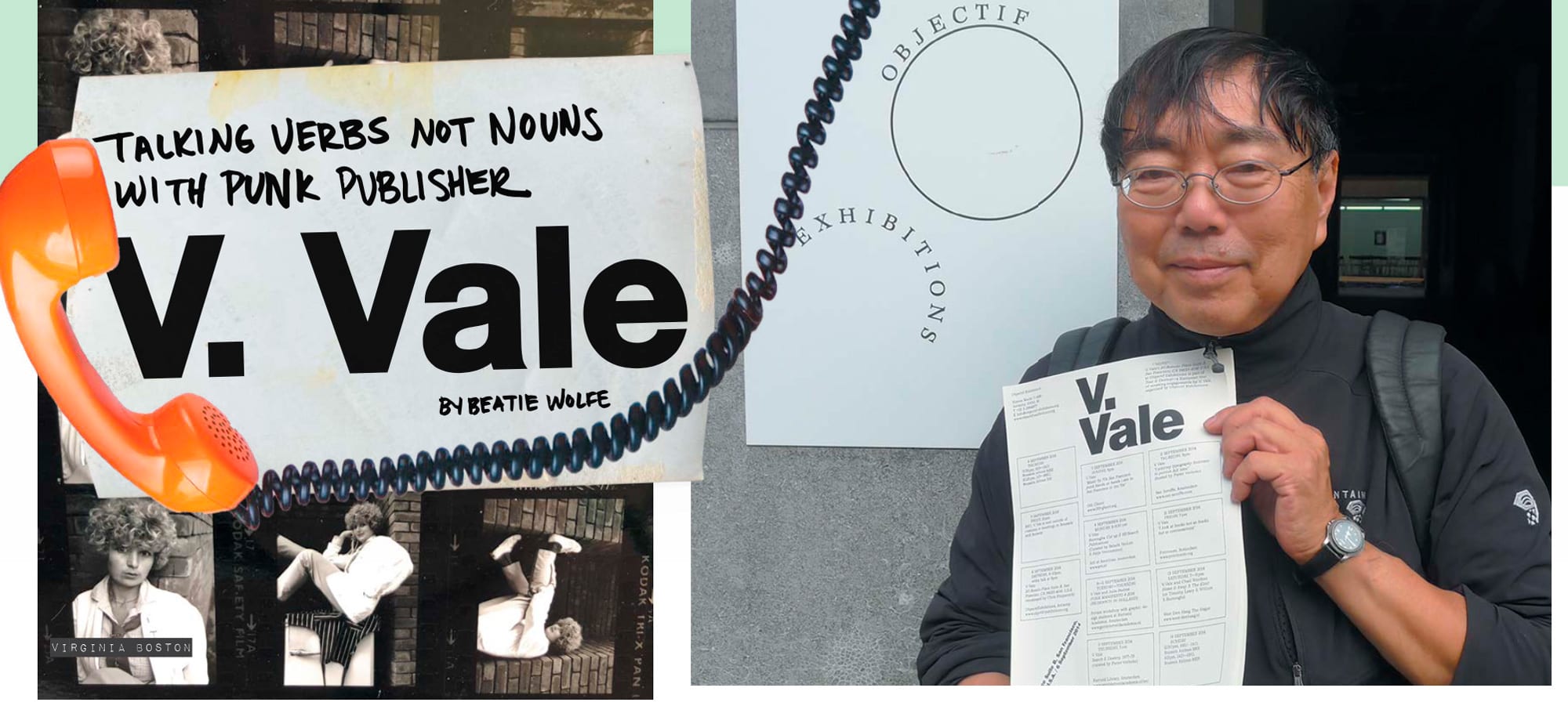
Interview By Beatie Wolfe
Published Issue 087, March 2021
It’s so rare to meet an artist who still embodies everything they stood for when they first began their mission. But that’s V. Vale: a writer, publisher, researcher, documenter, musician, and constant curator and
contributor to the counterculture continuum. Described as the last 70s punk publisher, Vale is in perpetual motion, “a verb” in full evolutionary process, living in his same San Francisco flat that he and his partner Marian have lived in for over 40 years. In Vale you find a true original and one with a tremendous heart.
After launching San Francisco’s first punk zine Search & Destroy in 1977 with $100 each from Allen Ginsberg and Lawrence Ferlinghetti, Vale founded RE/SEARCH in 1980 for his other cultural-anthropological explorations including Industrial music, the writings of J.G. Ballard and William S. Burroughs, feminism, plus “Incredibly Strange” filmmaking and music.
We came to collide after a conversation with my mum when she recalled her time with Vale in SF in the late 70s due to their punk connection: her book (Punk Rock) and his zine (Search & Destroy). So I decided to pick up the phone and give him a call and see what was cooking. I love it when people have a landline and even more so when they answer it.
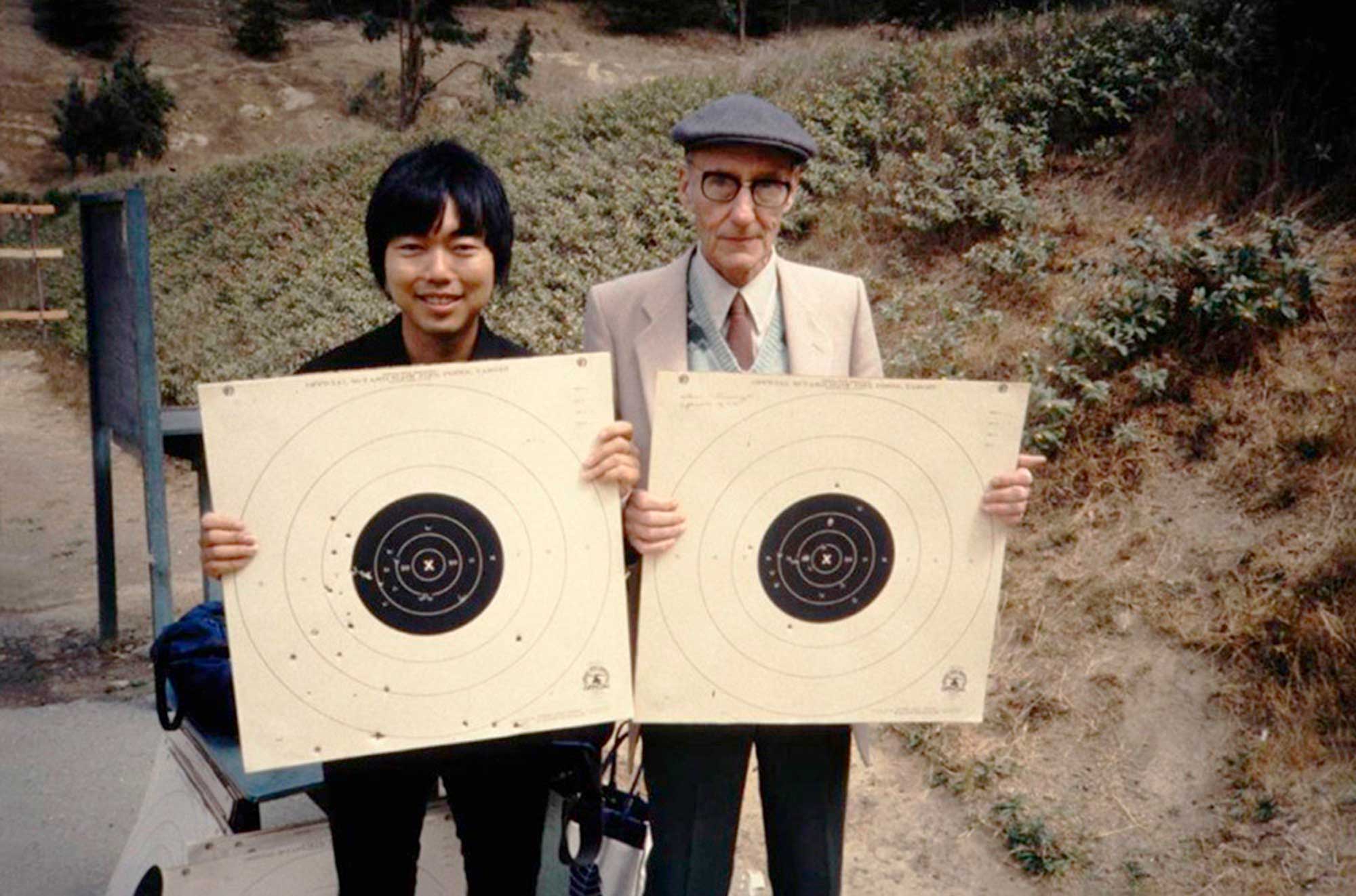
V. Vale: Hello?
B. Wolfe: Hello, please can I speak to V. Vale?
V. Vale: Yes, that’s me.
B. Wolfe: Oh hi! Well wow, this is pretty random, but do you remember Virginia Boston?
V. Vale: Of course! She wrote the first book on punk!
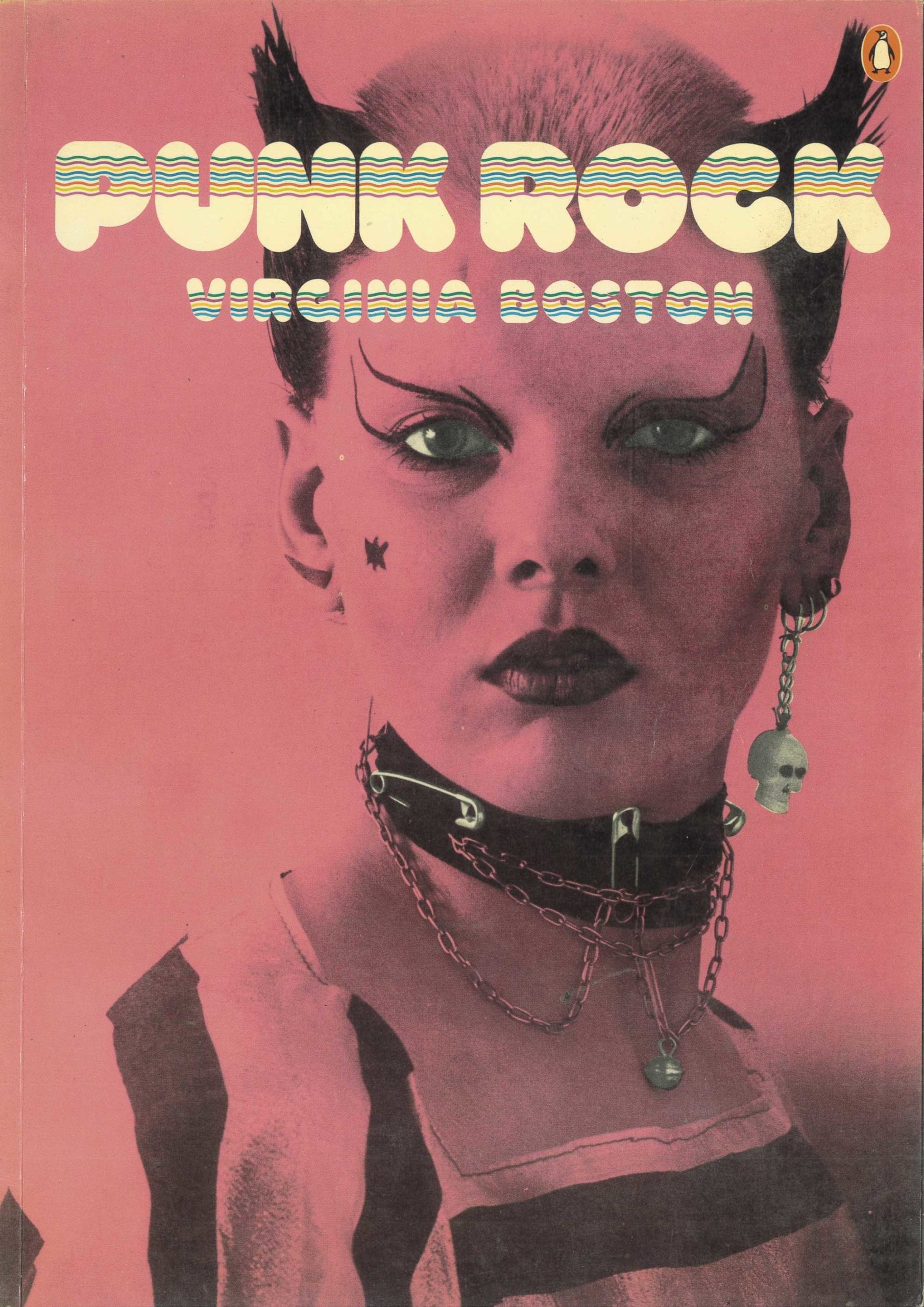
B. Wolfe: Well I’m her daughter and I was chatting with her today and she mentioned how wonderful you were and that I should call you up for a chat.
V. Vale: Oh wow, that’s great! Yes, I remember your mother well and that book. That really made an impact. What’s your name?
B. Wolfe: I’m Beatie Wolfe. I’m not a journalist, I’m an artist and I do pretty weird stuff. Essentially, I make tangible formats for albums, because we lost a lot of that story, that ceremony, that tangibility when we moved to digital and so my idea is how you can reimagine the vinyl experience for today.
V. Vale: Oh yes, you’re right, I hadn’t really thought of it like that, but there was one album that made such a huge impact on me because of the liner notes alone and that was Peter, Paul and Mary’s In the Wind with liner notes by Dylan. I poured over those notes just to memorize them. You need to see them. I can’t have been the only one. And that was life-changing. Just the liner notes and that one album.
B. Wolfe: I’ll have to check them out. What insight did they give you?
V. Vale: Well, it made you want to go to New York and live an underground life. Not trying to get some high-paying job or something, just be underground and make music and write poetry and not worry about money, but see, you can’t say that now, because rent is sky-high. All the young people today don’t want to be homeless; my daughter’s not gonna imitate my lifestyle. Me and my wife, we’re just underground artist types, not super famous like David Bowie, more underground, but somehow we don’t have to work real jobs.
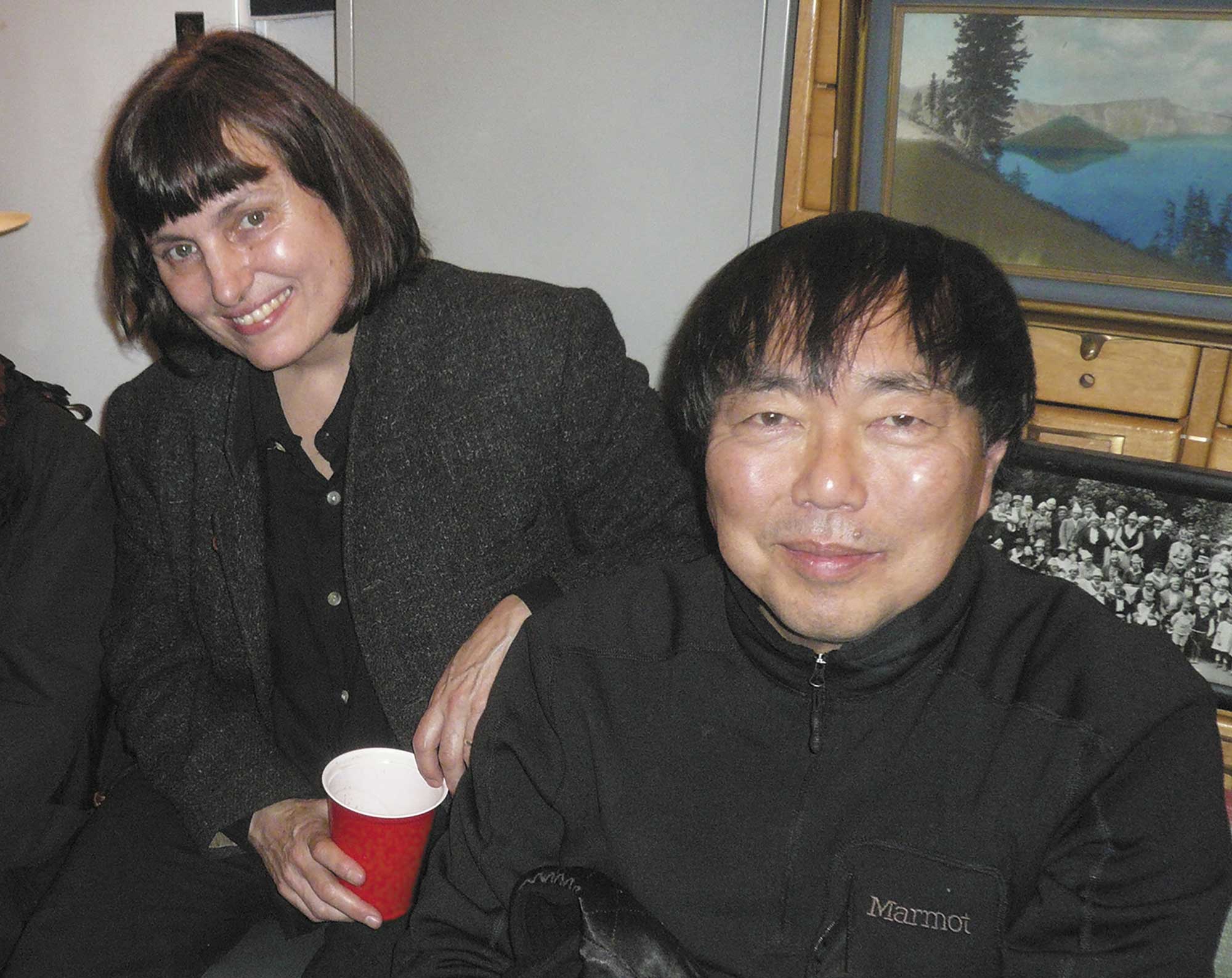
B. Wolfe: Yeah, both my mum and dad managed to live that way too.
V. Vale: Did I ever meet your dad?
B. Wolfe: No, I don’t think so, although he grew up in the Bay Area and he was friends with Cassady and Kesey and all those guys.
V. Vale: Oh wow! So was I. I mean Cassady yeah. Not so much with Kesey, but he was around. I was in a band called Blue Cheer and Cassady would come and dance at our rehearsals and drive us in his broken- down, beat up old cars. These huge American cars. Usually they didn’t have good brakes. It was always an adventure driving with him.
B.Wolfe: It’s so funny you say that. Cause my dad, he’s very secretive, so I only found out a lot of this stuff pretty recently. But he just shared a file of stories, and I remember reading a number of them about the precarious nature of driving with Cassady.
V.Vale: Oh yeah! Boy I’ll say, that’s not an understatement! I think one time the brakes went out and he used the emergency brake and downshifting to stop us. It’s funny, stuff like that.
B.Wolfe: You’re still in San Francisco?
V.Vale: I haven’t moved for over 40 years. I’m in the same place Virginia visited. I’m glad your mom’s alive. I haven’t thought about her for a long time, but I remember it clearly when she came over. I don’t think I had a camera then. I don’t think I took a picture. I wish I did. Would you send me a picture of her back then, back in the day? I think I first met her in ‘78 after her book came out.
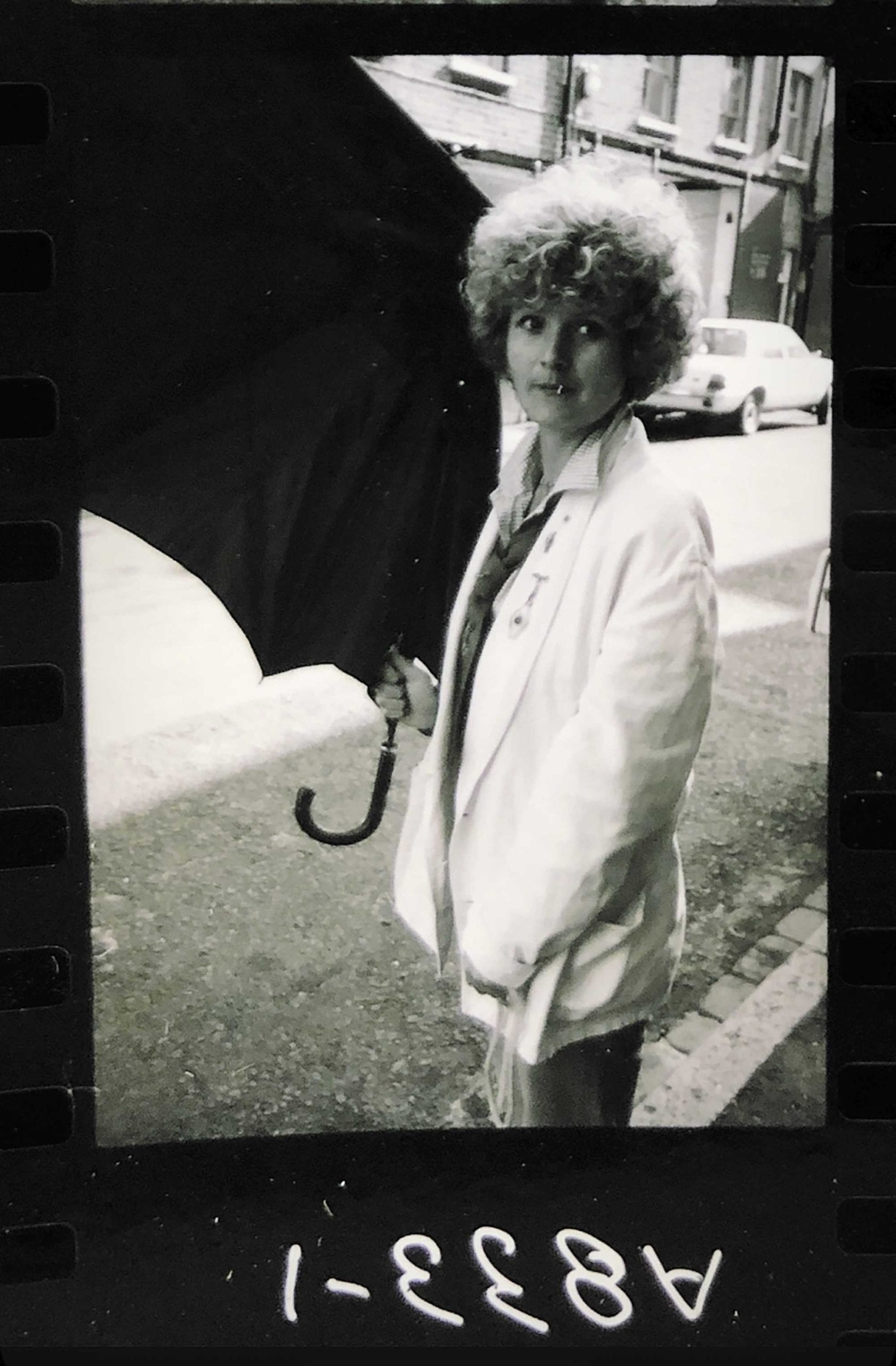
B.Wolfe: Yeah of course! So, what inspired you to begin Search & Destroy?
V. Vale: Well, being a senior citizen, I’d been through two earlier underground scenes. I mean, I wasn’t exactly a mover and shaker, but I was involved with the beatniks in 1957, the hippy culture of 1966, and then the punks, which started in 1976 in San Francisco, but earlier in New York and London. And it was my feeling that none of the underground had really been documented adequately. So I thought I’m going to document punk from the very beginning and do a really good job and give it respect. So that’s all I did. It was a pretty simple idea.
B. Wolfe: What made Search & Destroy different to the other zines?
V. Vale: My idea was to find the smartest people who were movers and shakers and talk to them. Everyone I interviewed was there because I was looking for the smartest people. Those are the people who got into Search & Destroy, and a lot of people didn’t get in because I didn’t feel they were worthy, but I didn’t dare tell anyone that at the time.
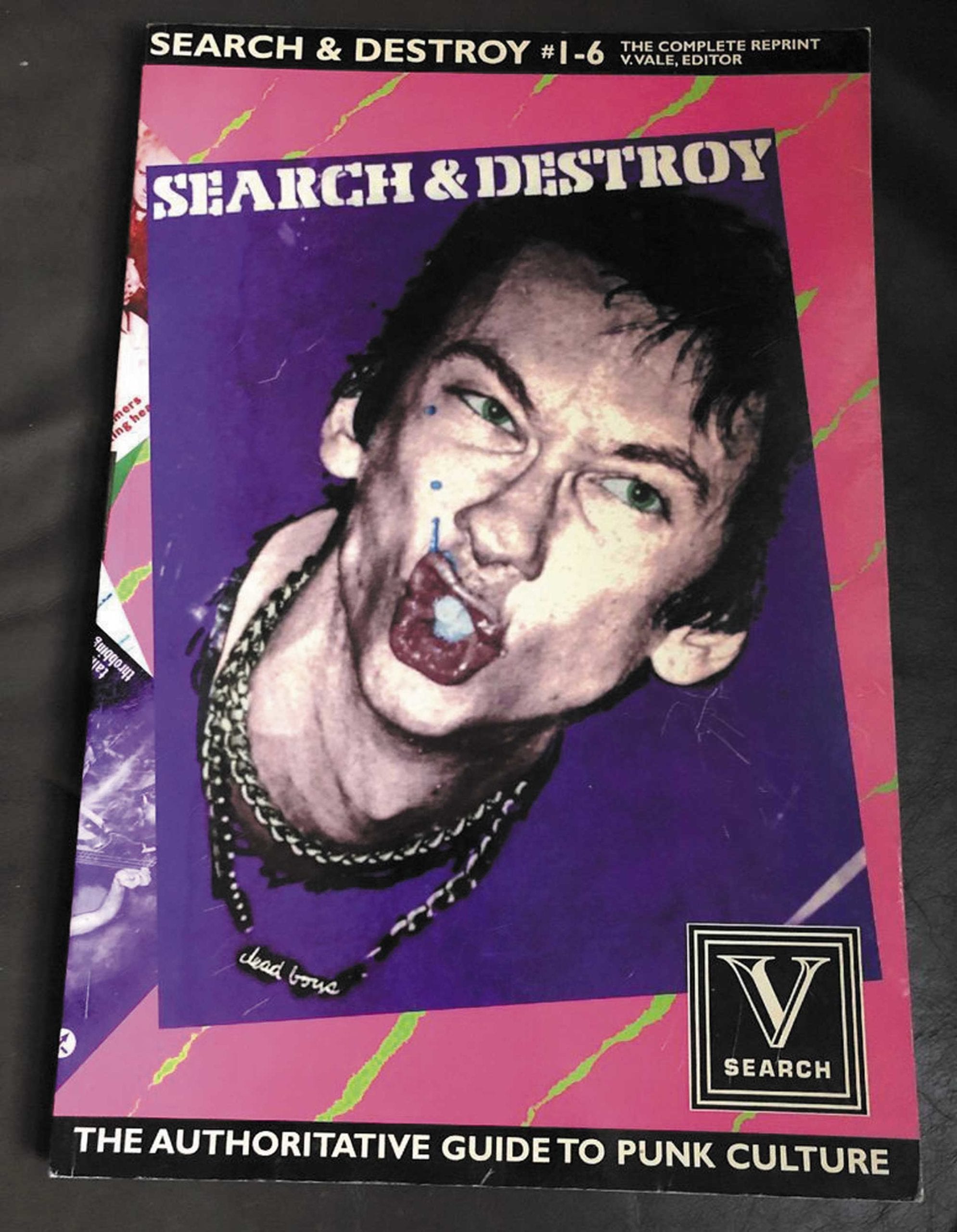
B. Wolfe: What did you think of other zines at the time, like Sniffin’ Glue?
V. Vale: Well, I was thinking on a different level. I’ve got 10,000 books, at least, in my library. I had a whole childhood doing nothing but reading books, no friends. I’d studied anthropology and was wanting to do things, the anthropological way, you know, do very deep interviews, really understand people. It’s just a different approach. I don’t think those other guys even knew the word anthropology. So, I was just coming from a lot more knowledge than your average person.
B. Wolfe: I like how you applied a deep approach to something so opposed to overthinking, was that ever at odds with the editing process?
V. Vale: Well, I’m against overthinking. I’m a fan of just channeling. And sometimes your first thought is your best. I think you know immediately and then you fix it and then you pick it up the next day and immediately change it and it’s so fast. It’s faster than the field of thought.
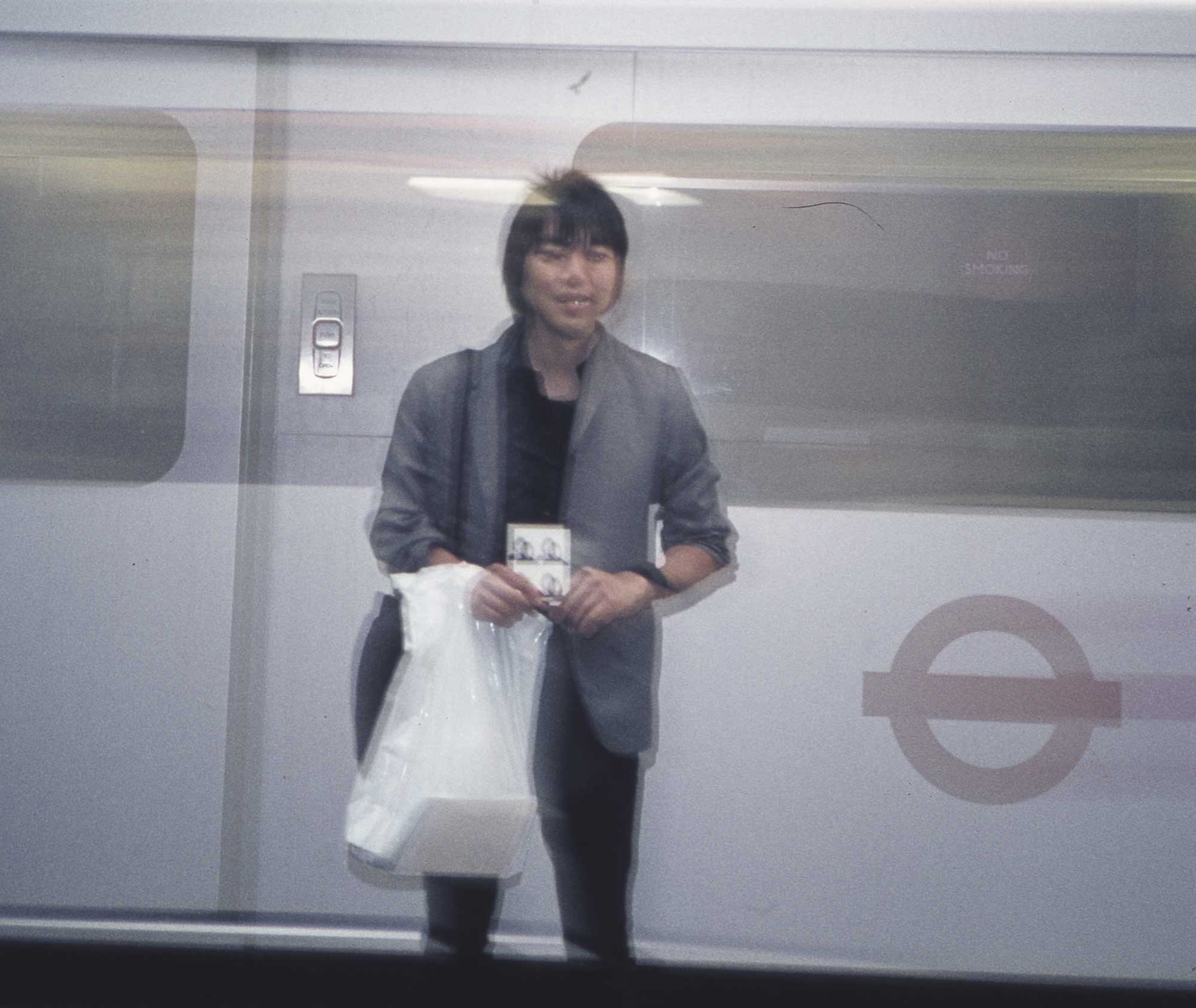
B. Wolfe: What was the original source of inspiration for the title?
V. Vale: It was about the Search and Destroy squad during the Vietnam War. And then it didn’t hurt that Iggy did a song and I said, “That’s a good name!” I didn’t want to use a noun name. I wanted a verb name. It all went back to that Bucky Fuller thing. We’re all verb, not noun. We’re always changing, you know?
B. Wolfe: Who were some of your early mentors?
V. Vale: They’re not necessarily recognized by name and a lot of them are dead. There were book mentors and there were three real life mentors. One was Philip Lamantia, the least famous of the beatniks, but probably the most intelligent in terms of knowledge and memory and quality of poetry.
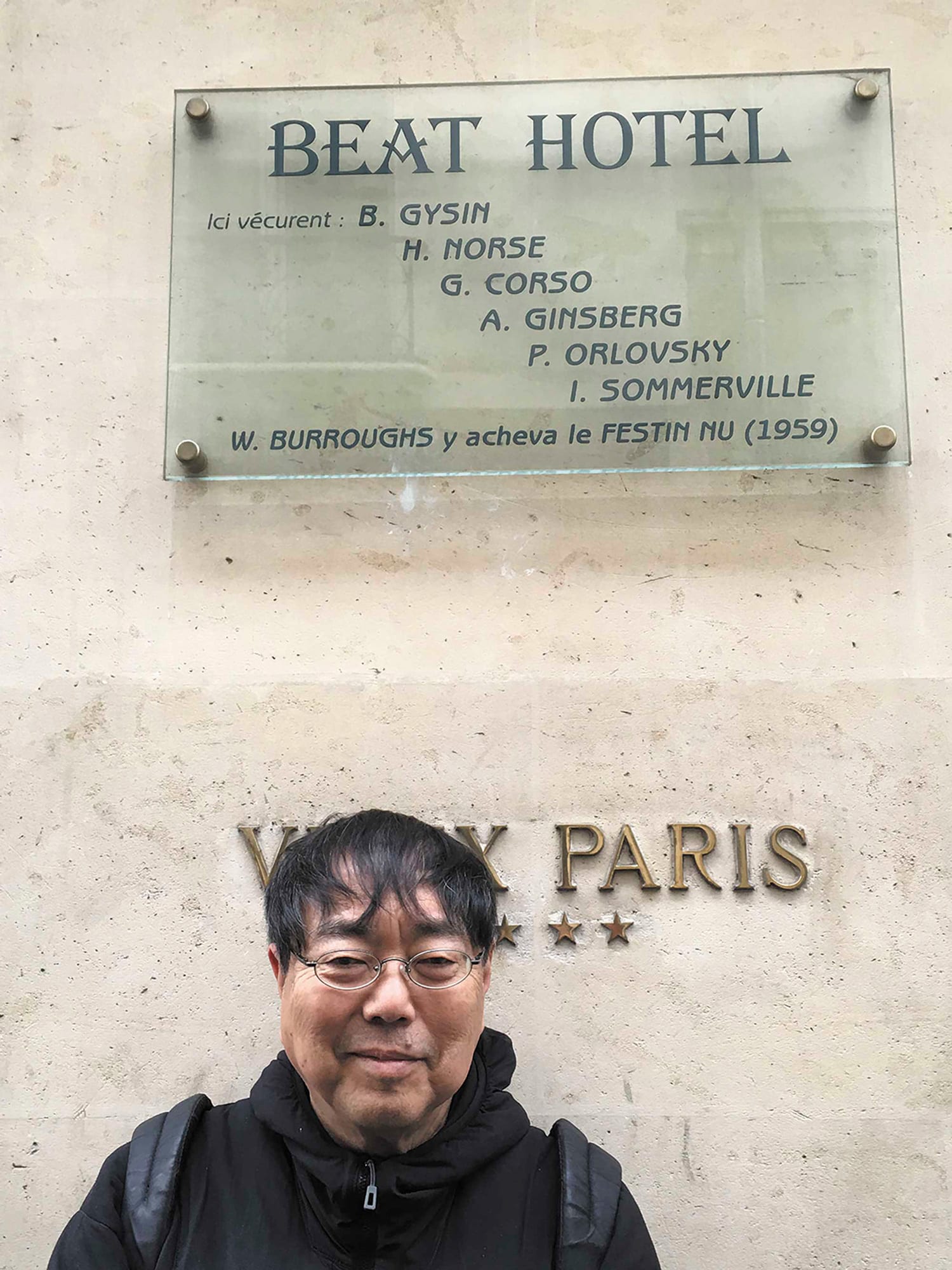
B.Wolfe: It’s interesting because there’d usually be quite a big divide between the beats, hippies, and then the punk scene, but you crossed over?
V. Vale: Well, undergrounds are all the same. They’re always against the status quo. People get fooled by style. The punks would go short hair to rebel against the hippies, and the beats were rebelling against the man in the gray flannel suit. So, all the stuff that seems to be different is just related to style. It’s all one, except for now. Now everything has to be super inclusive and it makes it very hard to rebel, because what are you rebelling against?
B. Wolfe: Your editorial ethos?
V. Vale: My editorial policy is keep every word that serves because if you take out too much you destroy the style. Number 2: no typos. Oh, and I say you edit for three things: genius, humor, rebellion.
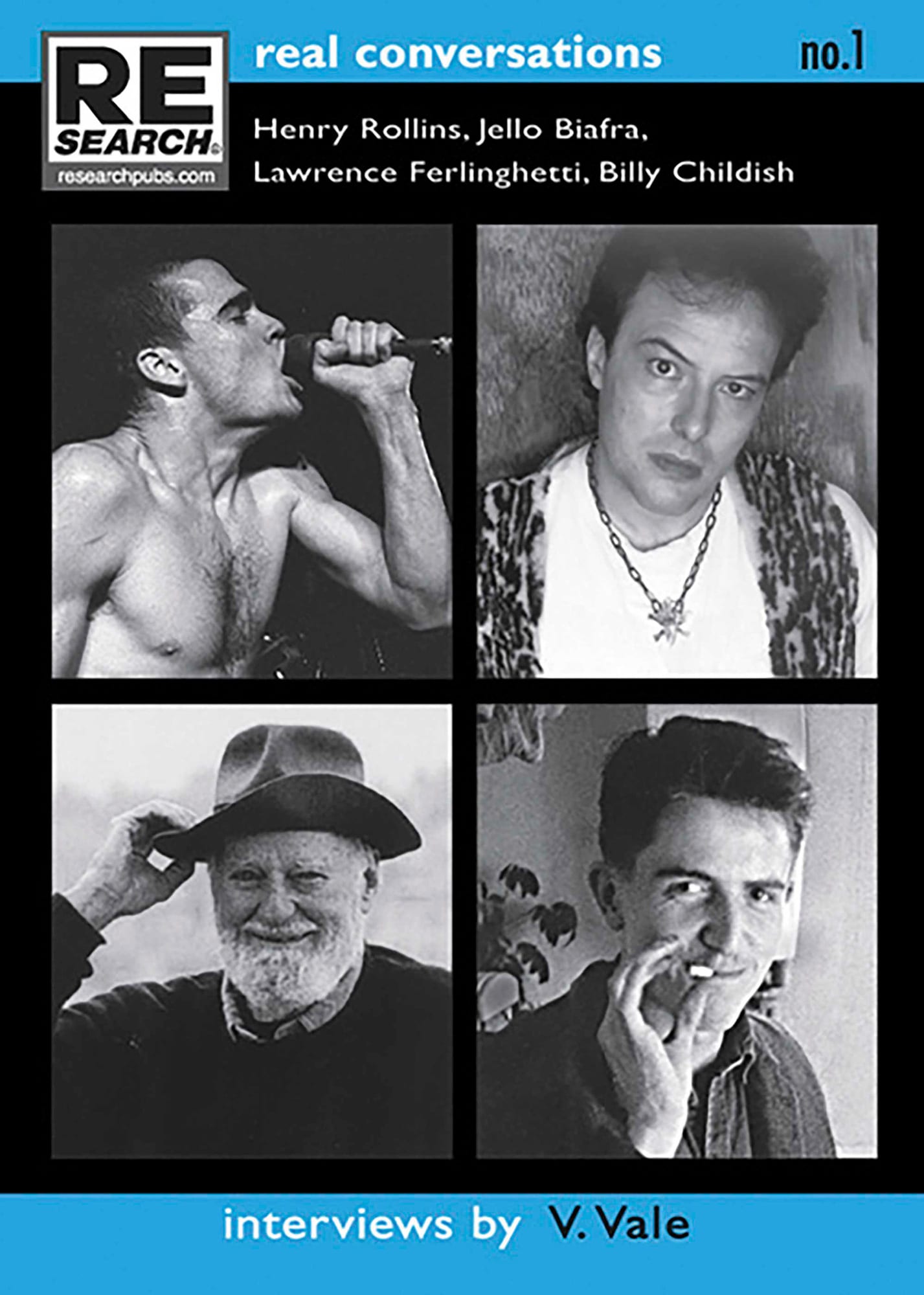
B. Wolfe: I love it. What a good recipe. So, you did 11 issues across the two years?
V. Vale: Yeah. Barely. It was rough. There was no money. I never got paid. One thing the world really fucked up was during Obama’s tenure when the Postal Service abolished what you call M-bag; sending your publications all over the world for the same amount it costs to send them anywhere in America. Now you can hardly afford to send a book anywhere. A 2 pound book, the cheapest, is probably about $26. And nobody ever wrote articles about it and how it was a blow to liberty and freedom of speech and the world community, and all that.
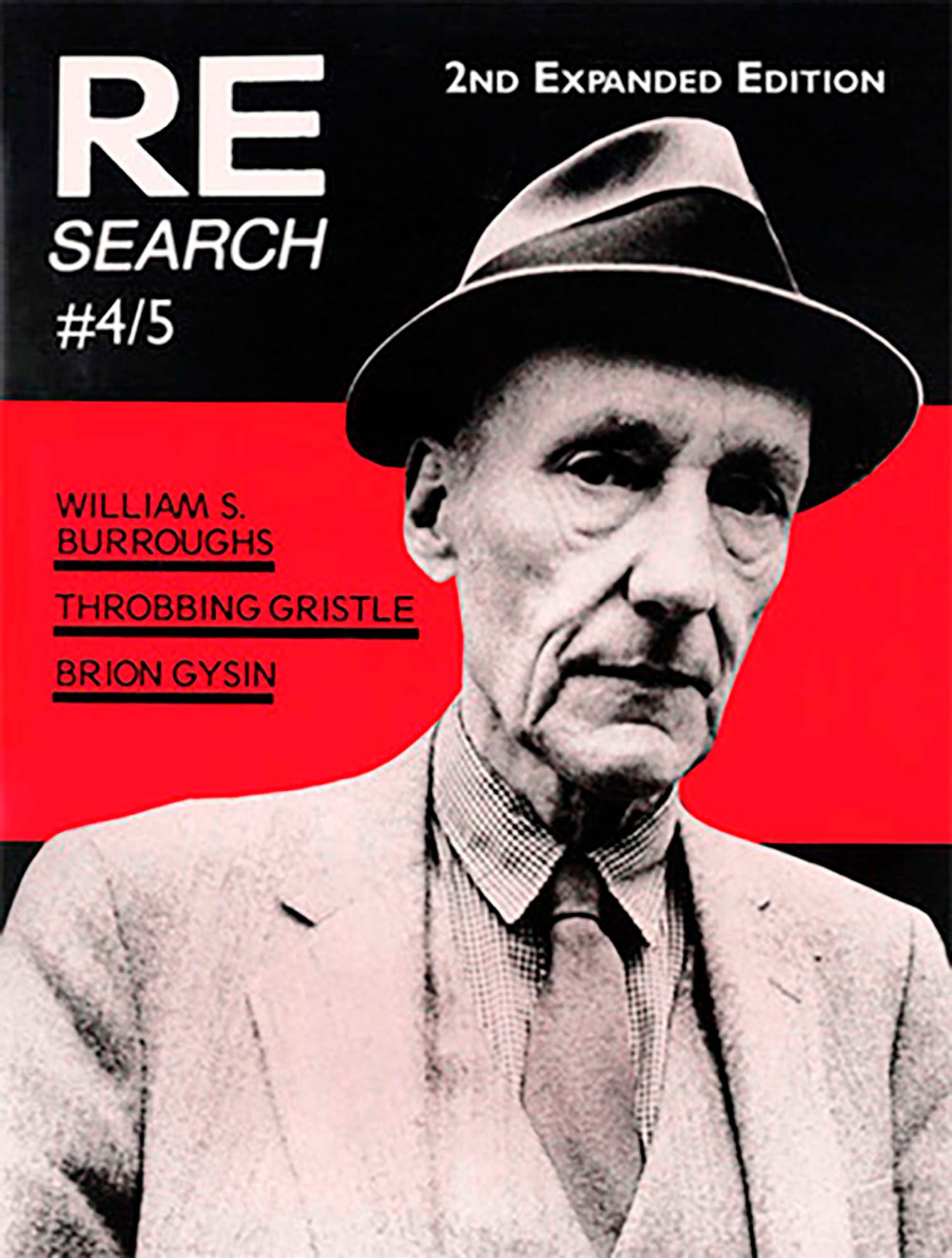
B. Wolfe: Was there an issue or piece that you were most proud of?
V. Vale: If you’re like me, you’re never proud of anything you’ve done. You just see the flaws and what you should have, could have done. In terms of brevity, the best project I did was the Industrial Culture Handbook. It had a huge book list in it and record lists and movie lists. It’s only 140 pages, but it’s got more ideas than almost anything else. And it could take you almost a lifetime to read all those books or at least 10 years doing nothing else. That’s the most valuable book I did for sure.
B. Wolfe: Are there any endangered experiences that you love?
V. Vale: No, I mean, oh, hell yes! You used to be able to go out at night and you can’t anymore. There’s so much that’s lost. The best time in San Francisco was the 60s, 70s, 80s, before this mayor called Feinstein wrecked the city, because she married a realtor person and they just looked at the entire city as a gold mine thinking: If we can only raise the prices of every house about a thousand times. Before then, there were all these places you could go and be invisible and take over a whole city block and have a Survival Research Labs show that was loud as hell and somehow get away with it. There used to be a lot of abandoned buildings that were full of old machine shop machines and people would clean them out and make art pieces out of them and no one was hurt. It sure made life more exciting back then.
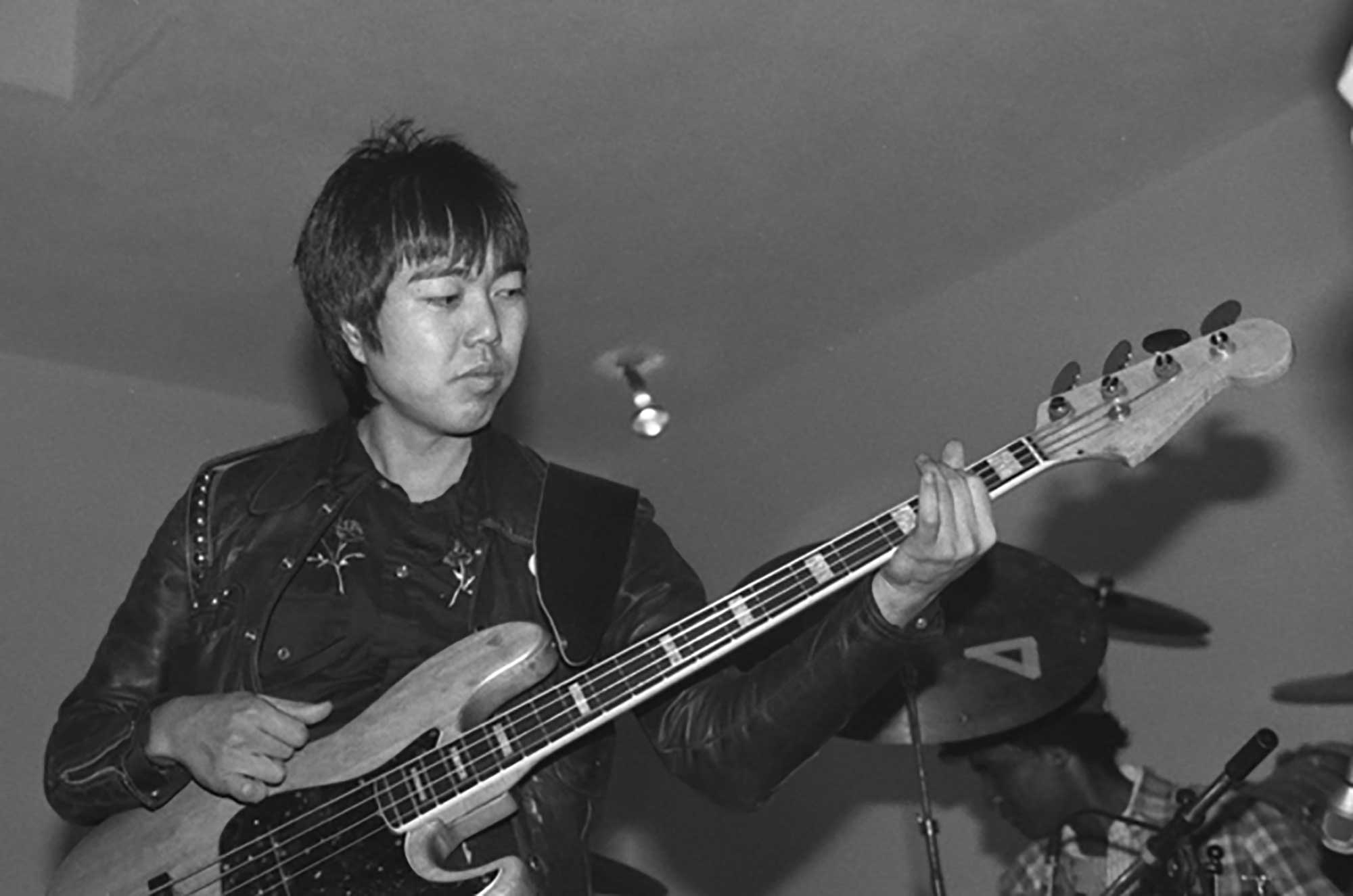
B. Wolfe: Where do you think the line is between innovation and preservation, the raw and the polish?
V. Vale: Well, usually people who innovate just let other people do the preserving because they’re continually innovating and moving on. I don’t think you can do both necessarily. I try obviously, but I’ve now gotten completely disorganized. I started out super rigorous, but then I ran out of room and all hell broke loose. But all I can say is that chance is super important and just being open and sort of channeling and not being hyperrational — being open to something that shows up.
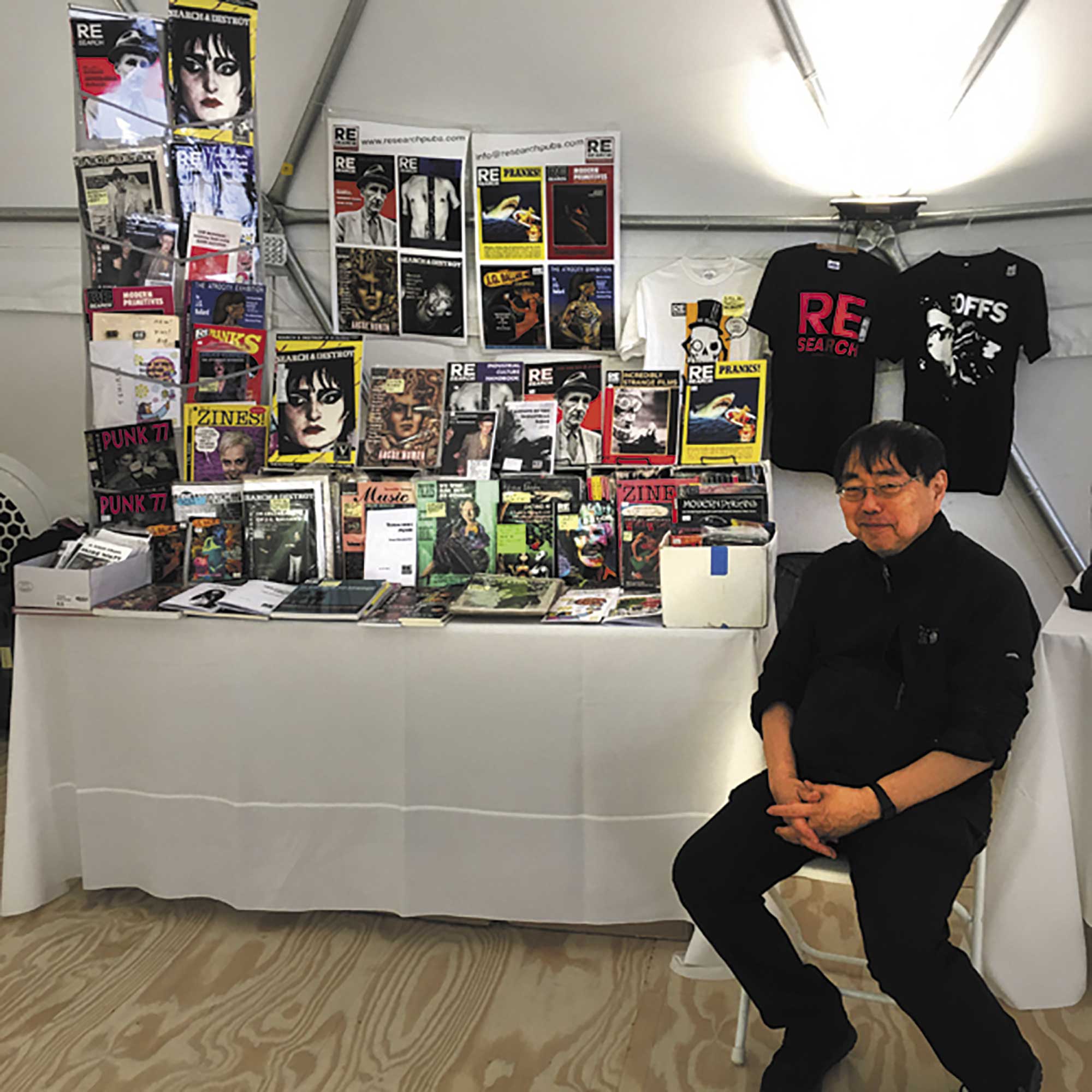
B. Wolfe: And why do you think punk has been so enduring?
V. Vale: Well, because it’s simple, it’s principles, that’s all it is. The bar got dropped as low as it could ever get and it’s got a lot of self-confidence built into it. You don’t have to be rich, whatever it is, just do it yourself and anyone can do anything. That it’s sort of your purpose in life to rebel against the status quo and to make fun of everything. ‘Cause you can’t kill everybody who oppresses you, but you can make fun of them! And that’s never going to die, those principles.
B. Wolfe: A great place to end; thank you so much Vale, it’s been fascinating!
V. Vale: Thank you, take care and good luck! It’s so great that you’re keeping rebel culture alive.
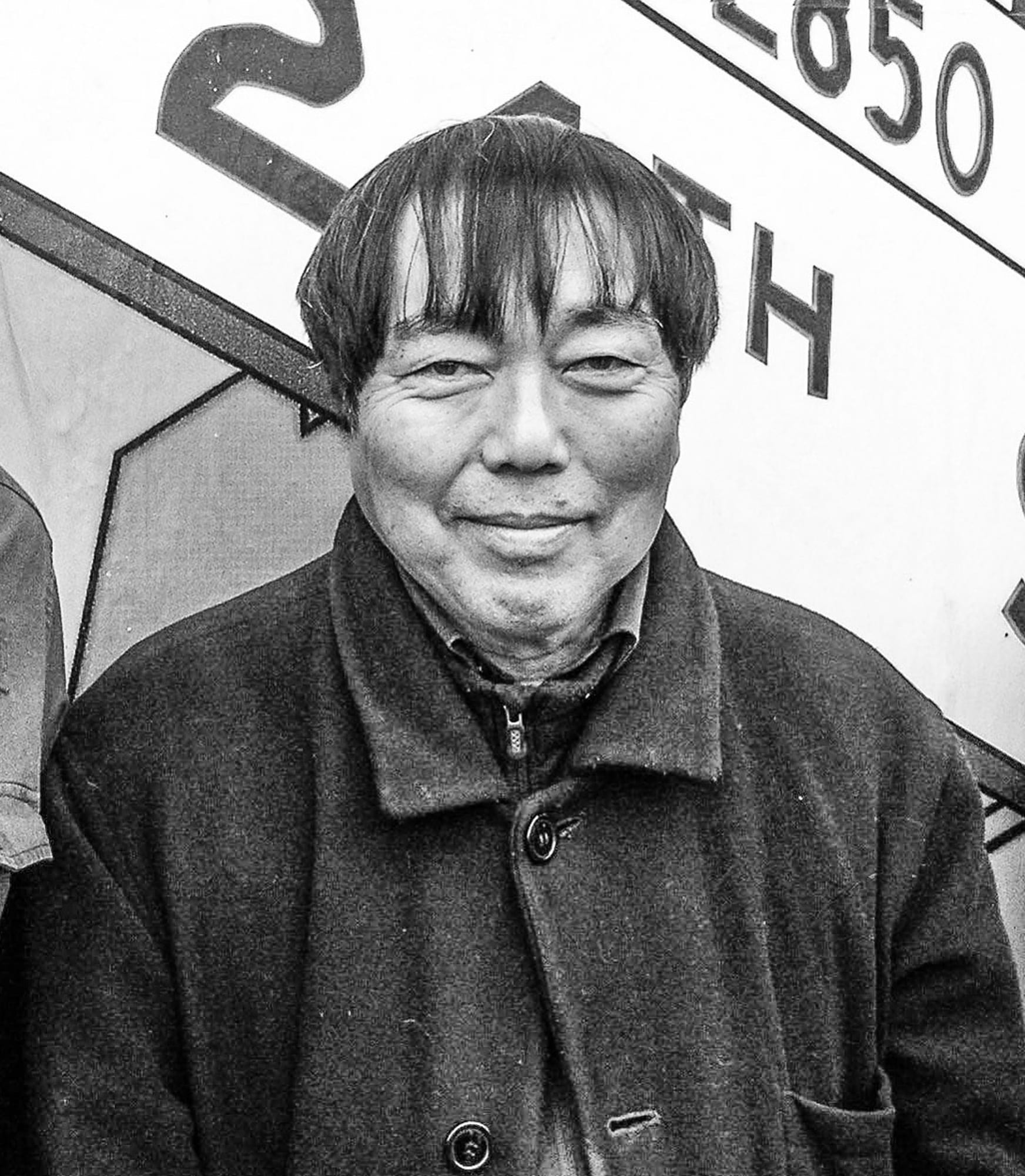
Check out V. Vale’s published work at researchpubs.com and get a glimpse into his world on Instagram.
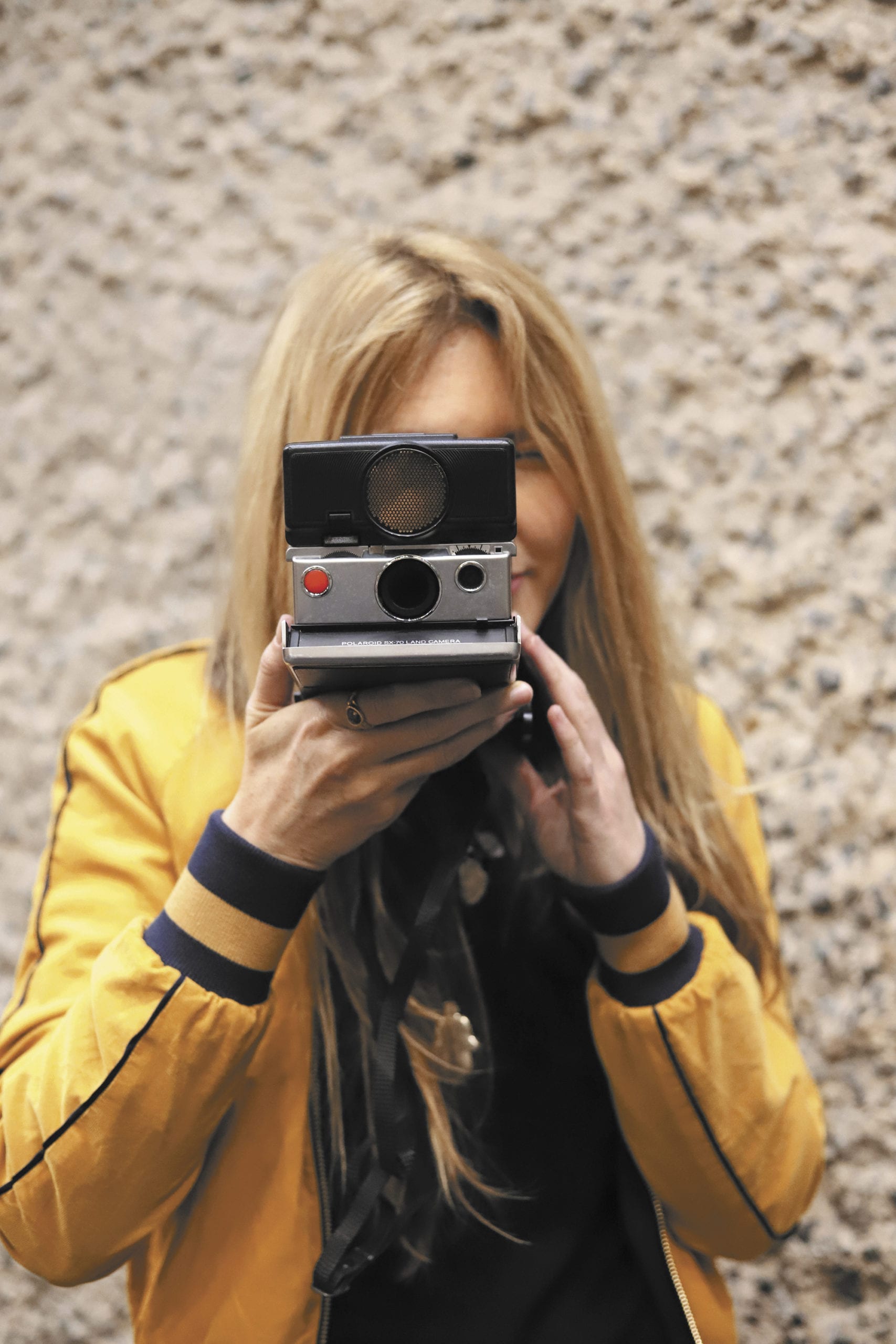
Beatie Wolfe is a London-born, LA- based artist and innovator who has beamed her music into space, been appointed as a UN Women Role Model for Innovation and held a solo exhibition of her album designs at the V&A Museum. See Beatie and Mark Mothersbaugh’s speak about their protest art project collaboration — Postcards for Democracy — at SXSW 2021. Postcards for Democracy will also be exhibit at Rauschenberg Gallery May 17-June 8. See more at beatiewolfe.com and on Instagram.
